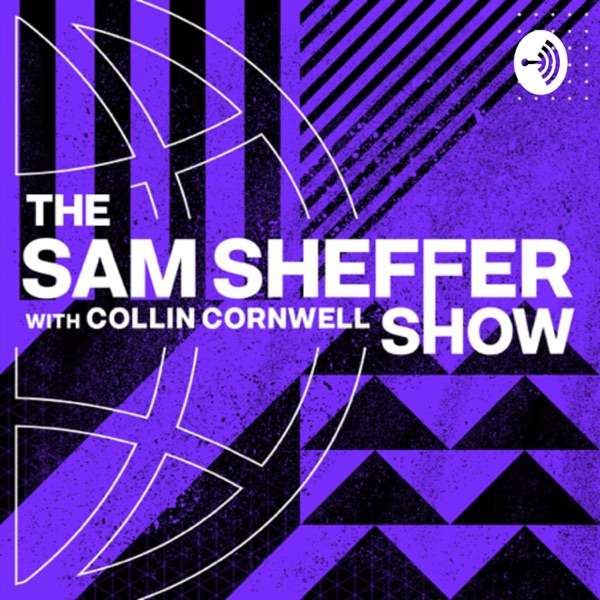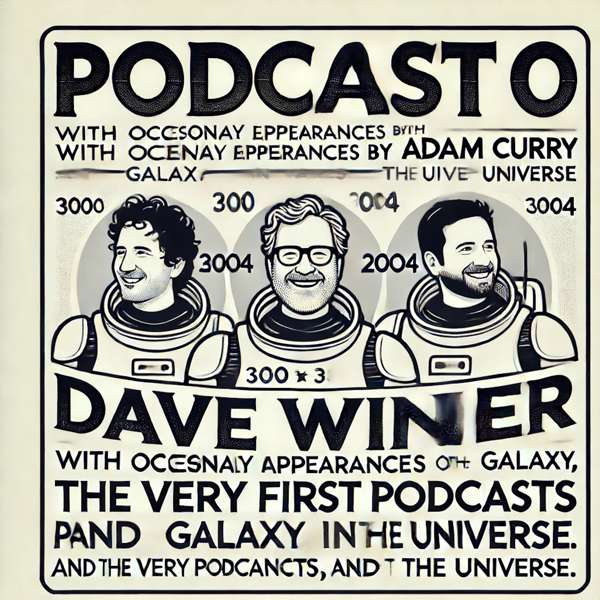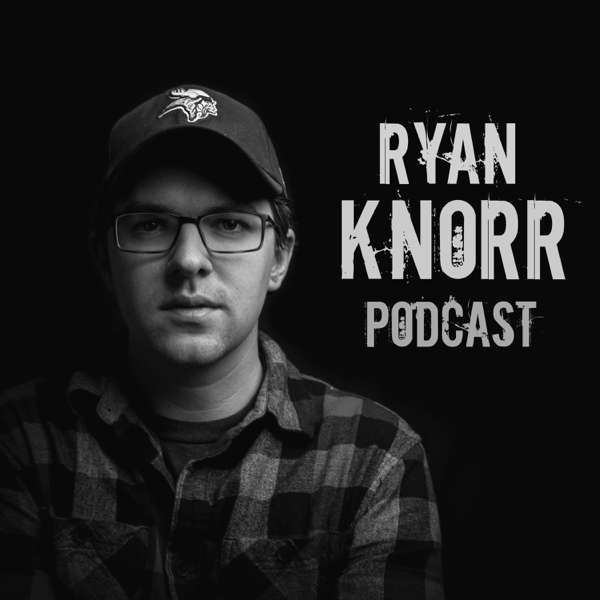October 25, 2020
Divine Liturgy Series, Number 8
By Fr. Alex Miller
This is the eighth sermon in the series of homilies on the divine liturgy of the holy orthodox church.
Christian worship in its most basic form is participation in the Lord’s Supper.
Our Lord Jesus Christ himself laid the foundation for this on the evening before he was crucified when he gathered with his disciples in the upper room to celebrate the Passover with them.
In preparation for the passover Christ said to his beloved disciples “with fervent desire I have desired to eat this Passover with you before I suffer, for I say to you I will no longer eat of it until it is fulfilled in the kingdom of God.”
Notice that the Passover is fulfilled in the kingdom of God.
When the Lord sat down for the Passover meal with his disciples, a ritual which Jews had been practicing for centuries, he laid down for them the basic rubrics or framework for the divine liturgy.
“And he took bread, gave thanks and broke it and gave it to them saying ‘this is my body which is given for you, do this in remembrance of me, likewise, he also took the cup after supper saying, ‘this cup is the new covenant in my blood which is shed for you.’ “
Everything that we do liturgically, beginning with Vespers, then matins, then the various elements of the divine liturgy all prepare us for participation in the Lord’s supper.
This includes all of the other services of the church conducted throughout the week and prayers that we pray at home around our family altars.
As orthodox Christians we live from Eucharist to Eucharist, from the Lord’s supper to the Lord’s supper.
This is Christian worship, plain and simple.
This is the fulfillment of the kingdom of God.
Saint Paul affirmed the simplicity of the liturgy and the centrality of the Lord’s supper in one of his epistles to the church of Corinth,
“For I received from the Lord that which I also delivered to you that the Lord Jesus on the same night when He was betrayed took bread and when He had given thanks, he broke it and said, ‘take eat this is my body which is broken for you do this in remembrance of me’ in the same manner He also took the cup after supper saying ‘this cup is the new covenant in my blood this do as often as you drink it in remembrance of me.“
1 Corinthians11: 23-25
Saint Peter refers to the mystery of the Lord’s Supper in more theological terms in one of his letters where he makes the profound statement,
“Grace and peace be multiplied to you and the knowledge of God and of Jesus our Lord as his divine power has given to us all things that pertain to life and godliness through the knowledge of him who called us by glory and virtue, by which have been given to us exceedingly great and precious promises that through these you may be partakers of the divine nature having escaped the corruption that is in the world through lust.”
“We have become partakers of the divine nature.”
2 Peter 1: 2-4
So we see from Jesus Christ himself and from his apostles that partaking of the Lord’s supper is the very heart of Christian worship, and that the Lord’s supper is the fulfillment of the Passover.
Therefore to truly understand what is happening in the divine liturgy we need to understand the Passover.
Beginning next Sunday we will be looking at the old testament beginning in the book of Genesis all the way through the book of Malachi to plumb the depths of the meaning of the Passover.
We will look at how it serves as a foreshadowing of what Christ would accomplish through his life on earth, his death, his burial, his resurrection, his ascension into heaven, and the establishment of the Lord’s supper, the Divine Liturgy, the eucharist, as the primary means by which we participate in His divine life and the Kingdom of God.

 Our TOPPODCAST Picks
Our TOPPODCAST Picks  Stay Connected
Stay Connected







